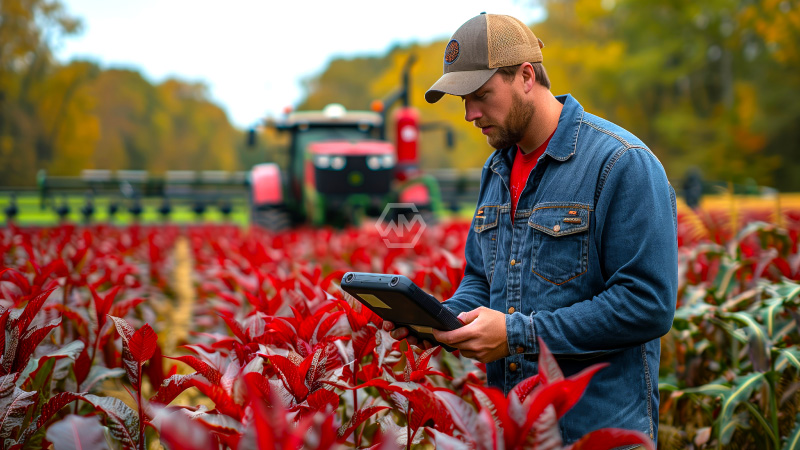- Current Canadian data policies inadequately address agricultural data governance.
- Corporations dominate data control, limiting farmers’ rights and transparency.
- Proposed legislative reforms must explicitly include agricultural data protection.
Canada’s agricultural sector is increasingly reliant on data-driven technologies, yet existing legislation fails to adequately regulate the collection and use of agricultural data. This gap allows large corporations to maintain significant control over data ecosystems, dictating terms of use and privacy policies that often disadvantage farmers.
While bills like C-27 and C-26 propose updates to digital and privacy laws, they primarily focus on personal information and cybersecurity, neglecting specific provisions for agricultural data governance. This oversight perpetuates power imbalances and privacy concerns within the industry.
Navigating the Landscape of Agricultural Data Governance in Canada
The landscape of agricultural data governance in Canada is marked by significant gaps and challenges. While federal and provincial laws touch upon data privacy, they lack specificity when it comes to agricultural contexts, leaving farmers vulnerable to data exploitation by corporate entities. The dominance of proprietary platforms in agriculture further complicates matters, as these platforms often impose opaque data policies that prioritize corporate interests over farmer rights.
To address these challenges, Canada urgently needs new policies that define and protect agricultural data comprehensively. Such legislation should empower farmers with ownership rights over their data, ensure transparency in corporate data practices, and explore innovative governance models like data trusts or cooperatives. These measures are essential to fostering a fair and ethical data environment that supports both agricultural innovation and farmer livelihoods.
To achieve ethical data governance in Canadian agriculture, policymakers must prioritize closing these regulatory gaps and empowering farmers with robust legal protections. This approach not only safeguards privacy and data ownership rights but also fosters innovation and trust within the agricultural community. By establishing clear guidelines and promoting responsible data stewardship, Canada can set a precedent for ethical data practices in global agriculture.
In conclusion, Canada stands at a crossroads where proactive measures in agricultural data governance are imperative. By enacting targeted legislation, enhancing transparency, and empowering farmers with ownership rights, Canada can lead the way in building a fair and sustainable data ecosystem that supports agricultural innovation and protects farmer interests.
“If personal information is data that renders an individual identifiable, then even anonymous agricultural data could be considered personal. This presents challenges for balancing farmer expectations of de-identification or anonymity and the usefulness of data.”



